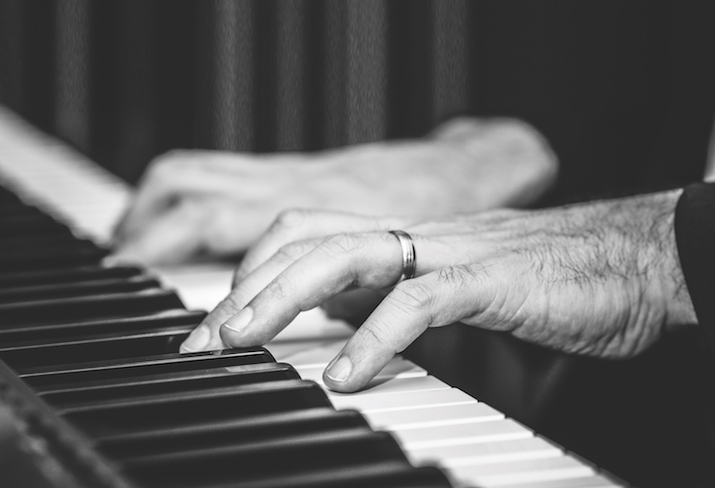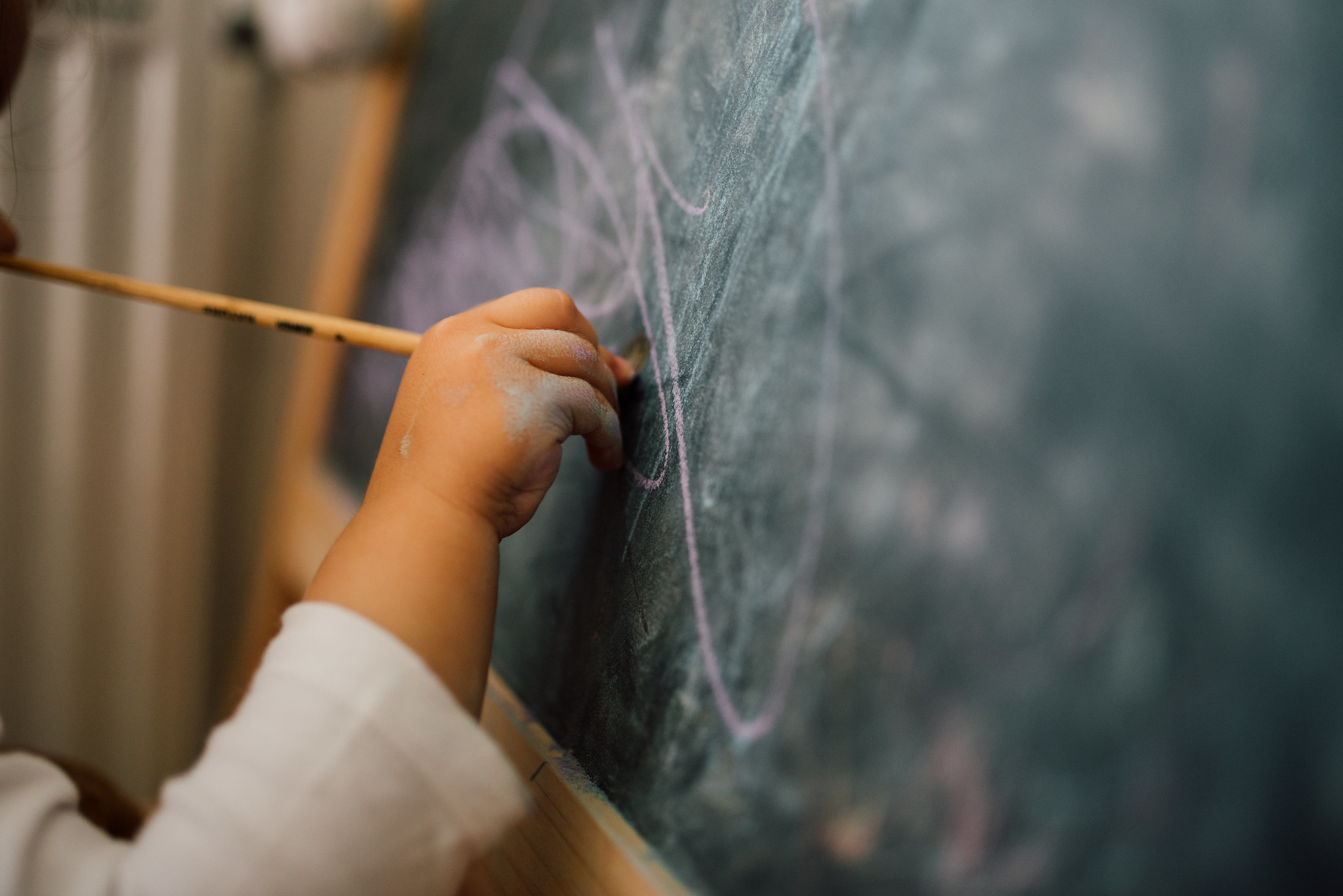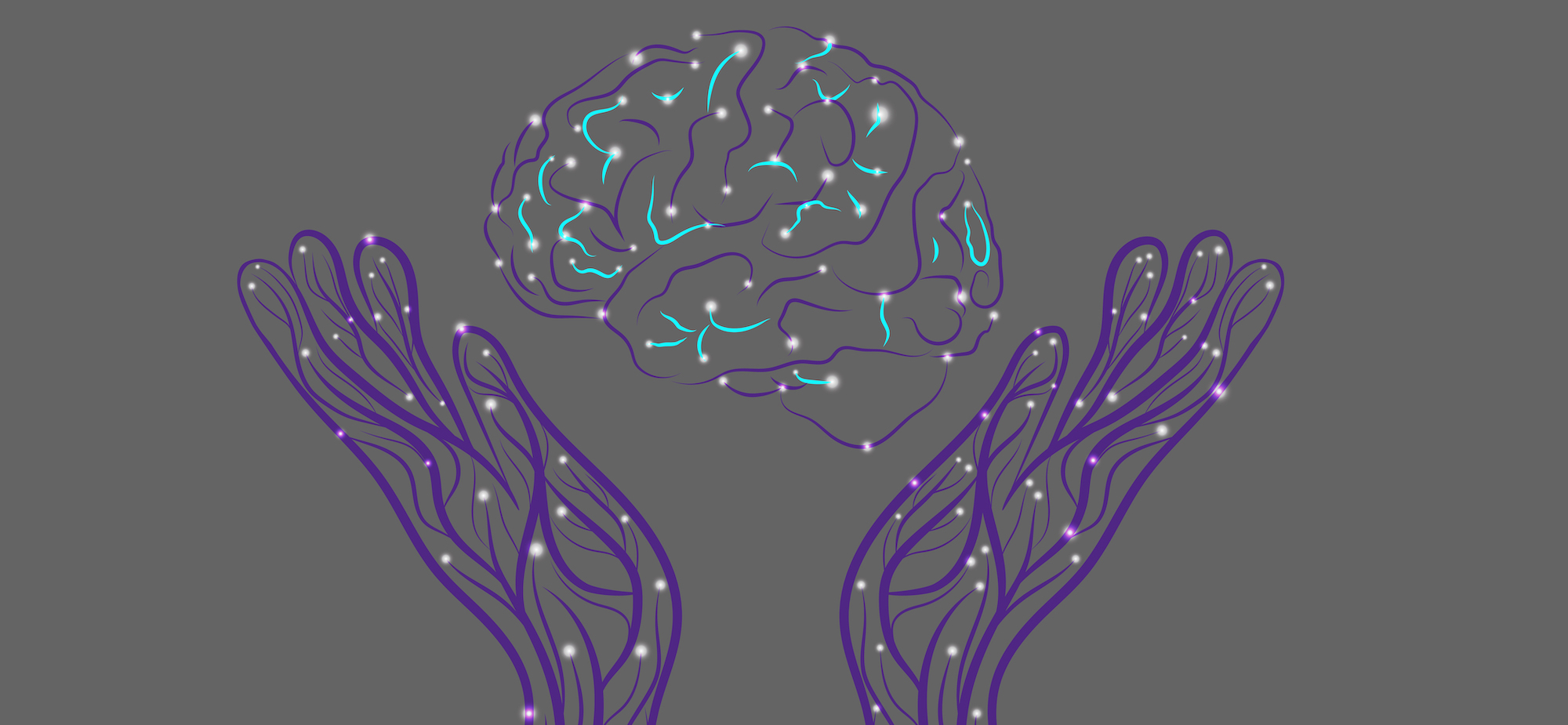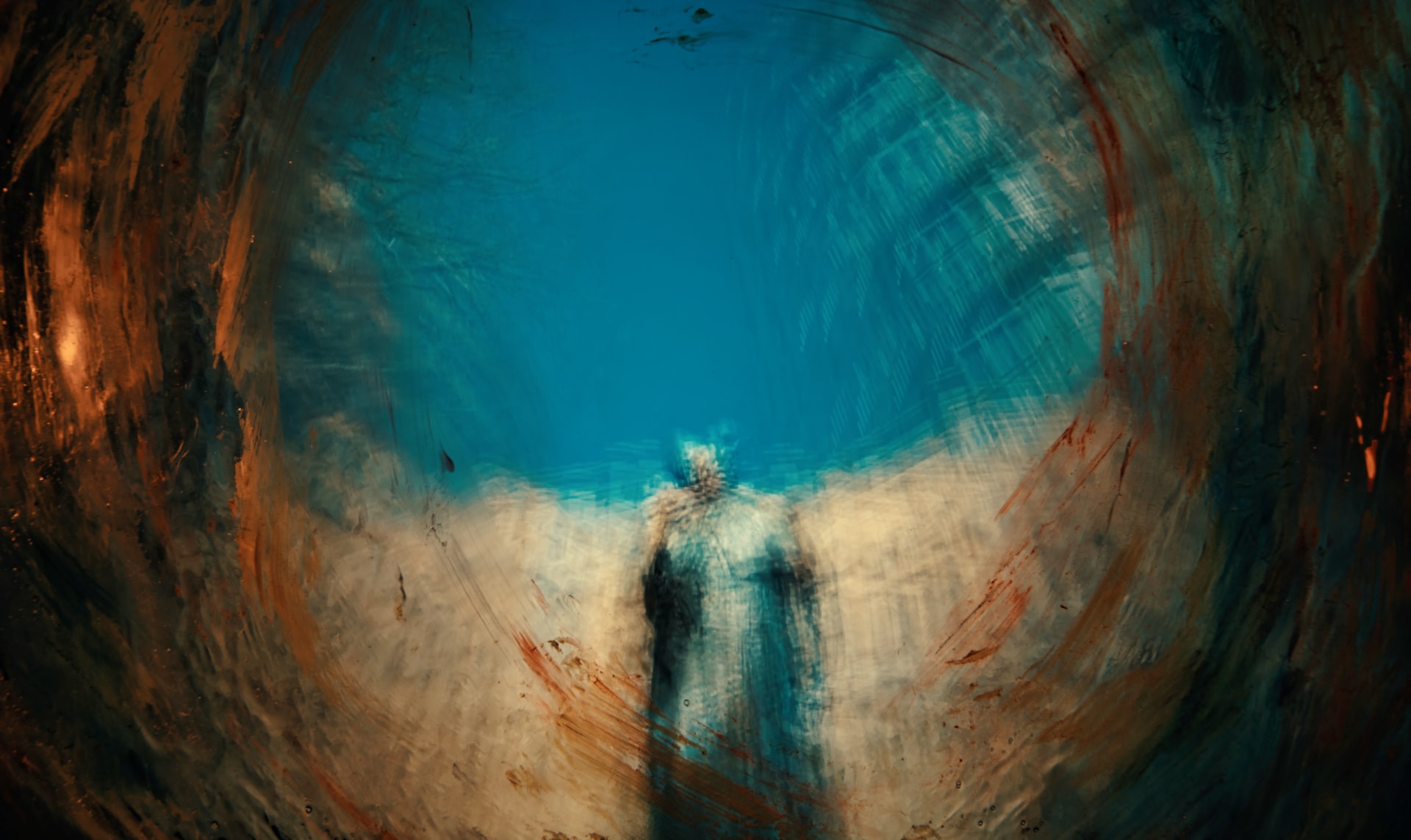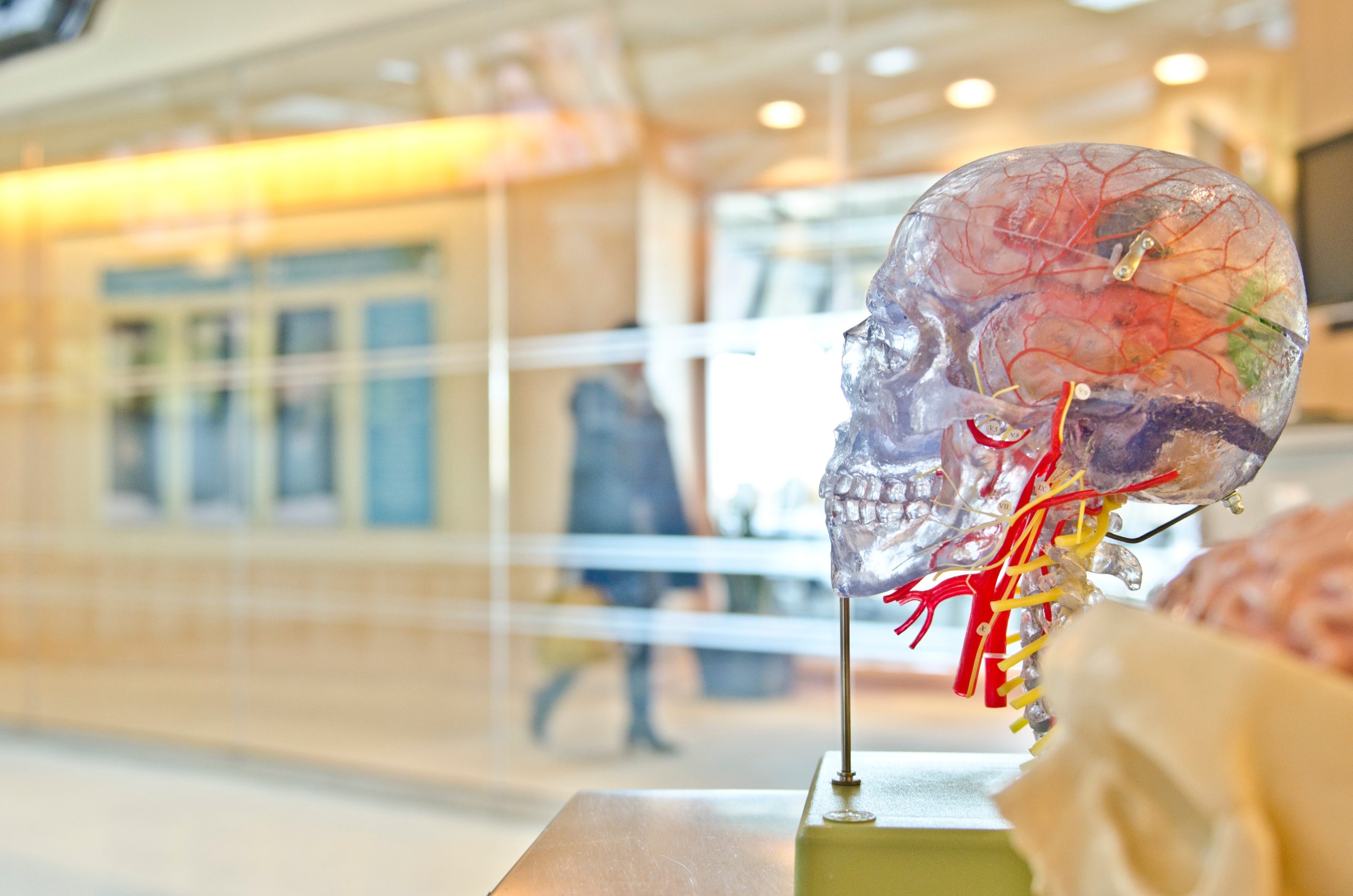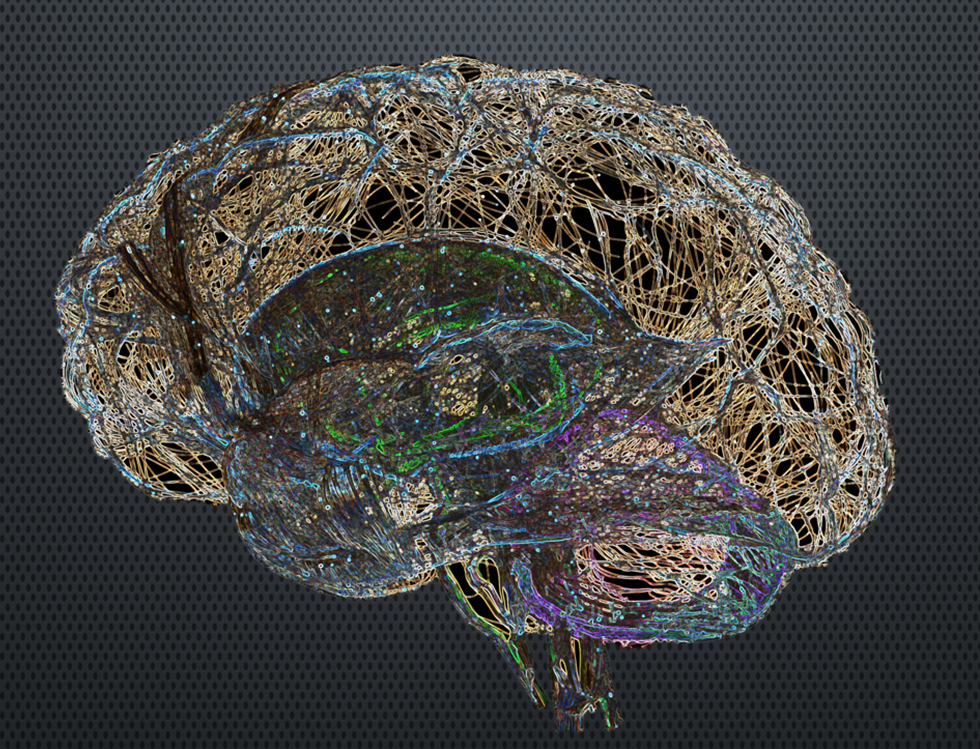Philosophy of Mind & Neuroscience
Alison Gopnik: The Gardener and the Carpenter: What developmental science tells us about relations between parents and children.
Wolf Performance Hall - Central Library 251 Dundas St, London, Ontario, CanadaIn this Rotman Lecture, co-sponsored with Western Alumni and the London Public Library, renowned author Alison Gopnik asks us to think about parenting as a relationship. ABSTRACT Caring deeply about our children is part of what makes us human. Yet the thing we call "parenting" is a surprisingly new invention. In the past thirty years, [...]
Alison Gopnik: When children are better learners than adults are: Theory formation, causal models, and the evolution of learning.
University Community Centre, Room 56 1151 Richmond Street, London, Ontario, CanadaABSTRACT In the past 15 years, we have discovered that even young children are adept at inferring causal relationship. But are there differences in the ways that younger children, older children and adults learn? And do socioeconomic status and culture make a difference? I will present several studies showing a surprising pattern. Not only can [...]
Ned Block: How to think about the border between seeing and thinking?
ABSTRACT Seeing and thinking are of course different, but is there a fundamental basis for the difference and if so, what is it? This talk will argue that perception is iconic in format and non-conceptual and non-propositional in content. Further, this way of drawing the border between perception and cognition holds even if cognitive penetration [...]
2018 PhilMiLCog Graduate Student Conference
Room 2166 - Stevenson Hall London, Ontario, CanadaPhilMiLCog is a three-day graduate conference with a broad and interdisciplinary scope. The conference, now in its 16th year, is recognized as one of the top philosophy graduate conferences in North America, synthesizing research from the Philosophy of Mind, Language, and Cognitive Science, including psychology, linguistics, evolution, and computer science. PhilMiLCog provides an opportunity for graduate students with common interests from [...]
Lisa Feldman Barrett – Emotions: Facts vs. Fictions
Wolf Performance Hall - Central Library 251 Dundas St, London, Ontario, CanadaThe 2019 Rotman Lecture will be delivered by Dr. Lisa Feldman Barrett, professor of psychology at Northeastern University, and author of "How Emotions are Made: The Secret Life of the Brain". She delivered the 2017 TED Talk, "You aren’t at the mercy of your emotions -- your brain creates them”, which was among the top [...]
Robert Rupert – There Is No Personal Level: On the Virtues of a Psychology Flattened from Above
Room 1170 - Western Interdisciplinary Research Building Western Interdisciplinary Research Building, London, Ontario, CanadaABSTRACT In their attempt to understand the structure of cognitive science, philosophers of mind often give pride of place to what they take to be an ontologically distinctive level of reality, the so-called personal level. The typical product of such an effort consists of the following claims: (a) humans have introspective, commonsense-based, or a priori [...]
Şerife Tekin: The Indispensability of Patient Testimonies for Objectivity in Psychiatry
Room 1170 - Western Interdisciplinary Research Building Western Interdisciplinary Research Building, London, Ontario, CanadaABSTRACT A primary goal of psychiatric epistemology is to identify the properties of mental disorders that are relevant for developing effective interventions. Sources of information that individuate these properties include scientific research on mental disorders (e.g., clinical drug trials), data emerging from clinical settings (e.g., case studies), and first-person reports of those suffering from mental [...]
Carlos Montemayor – The Difference Between Consciousness and Attention: Scientific Challenges
Room 1130 - Western Interdisciplinary Research Building Western Interdisciplinary Research Building, London, ON, CanadaABSTRACT We know our minds directly, by having privileged access to them. We also know about them more indirectly, by studying the biological and structural conditions that allow creatures like us to have minds. This gap between the subjective and the objective has been the focus of much debate in consciousness studies. I here explore [...]
Rotman Dialogue with Louise Barrett: Enactivism, pragmatism…behaviorism?
Room 7107 - Western Interdisciplinary Research Building Western Interdisciplinary Research Building, London, ON, CanadaRotman Dialogues are events based on a specific book or reading, that are facilitated by Institute graduate students. Conducted much as an author-meets-critics event, these informal discussions begin with a brief introduction by the author, followed by questions from the one or two graduate students chairing the session. Finally, the dialogue is opened up to [...]
Rotman Dialogue with Sarah Robins: Memory and Optogenetic Intervention
Room 1145 - Stevenson Hall Stevenson Hall, Room 1145, London, Ontario, CanadaRotman Dialogues are events based on a specific book or reading, that are facilitated by Institute graduate students. Conducted much as an author-meets-critics event, these informal discussions begin with a brief introduction by the author, followed by questions from the one or two graduate students chairing the session. Finally, the dialogue is opened up to [...]
Corey Maley: Analog Computation and Representation
Room 4190 - Western Interdisciplinary Research Building Western Interdisciplinary Research Building, Room 4190, London, Ontario, CanadaNeuroscientists and psychologists regularly appeal to computation to explain (and not just model) what the brain and mind is doing. But it is rather clear that, whatever they mean by computation, it is not digital computation. Could it be analog computation? Based on historical examples, I argue that there is more to analog computation than [...]
CANCELLED: Robert Rupert: Self-knowledge as a Subpersonal Phenomenon
Room 4190 - Western Interdisciplinary Research Building Western Interdisciplinary Research Building, Room 4190, London, Ontario, CanadaEVENT CANCELLED DUE TO THE EVOLVING COVID-19 SITUATION. PLEASE VISIT COVID-19 INFORMATION FOR THE CAMPUS COMMUNITY FOR MORE INFORMATION. In this talk, I begin by briefly describing and motivating a picture of human psychology as “flattened from above,” one in which the states and processes normally thought to appear at a distinctive personal level instead appear [...]
Joanna Rączaszek-Leonardi: Language Development From an Ecological Perspective
Virtual (register for Zoom link)The philosophy of cognitive science reading group will host Joanna Rączaszek-Leonardi for a virtual talk on her 2018 paper, Language Development From an Ecological Perspective: Ecologically Valid Ways to Abstract Symbols.
Emerging Minds Colloquium Series
Virtual (register for Zoom link)Beginning January 2021, The Rotman Institute of Philosophy will be hosting the 'Emerging Minds' colloquium—a series of virtual talks delivered by members of the Institute and scholars from around the world. We invite you to take part by both presenting and attending, in order to network with others who are completing novel interdisciplinary work [...]
Karen Adolph: Infant Motor development
Virtual (register for Zoom link)The philosophy of cognitive science reading group will host Karen Adolph for a virtual talk on her 2019 paper, Motor development: Embodied, embedded, enculturated, and enabling, co-authored with Justine Hoch. Individuals interested in attending the talk need not participate in the reading group, but will need to register to receive a link to the [...]
Evan Thompson: Consciousness and Dreamless Sleep
Virtual (register for Zoom link)ABSTRACT New research suggests that deep and dreamless sleep may not be a blackout state in which consciousness is absent, but instead a state in which various kinds of conscious states may occur. This lecture will present an overview of current thinking about sleep and consciousness from the perspectives of cognitive neuroscience, the science [...]
Ann-Sophie Barwich – How Biology Perceives Chemistry: A Causal Analysis of the Stimulus in Olfaction and its Implications for Scientific and Philosophical Theorizing
Room 7107 - Western Interdisciplinary Research Building Western Interdisciplinary Research Building, London, ON, CanadaJoin the Rotman Institute of Philosophy for a work in progress seminar with Dr. Ann-Sophie Barwich. Please note this event is intended for an academic audience. For details on the accompanying public lecture, please visit: Ann-Sophie Barwich – The Cinderella of the Senses: Smell as a Window into Mind and Brain. Abstract: [...]
Ann-Sophie Barwich – The Cinderella of the Senses: Smell as a Window into Mind and Brain
Room 1170 - Western Interdisciplinary Research Building Western Interdisciplinary Research Building, London, Ontario, CanadaJoin the Rotman Institute of Philosophy for a talk by Dr. Ann Sophie-Barwich related to her recent book, Smellosophy: What the Nose Tells the Mind (Harvard University Press, 2020). Pending changes due to the evolving COVID situation, this event is planned to be hybrid, with both in-person and virtual attendance options. Please see below [...]
Liz Schechter: Conscious Agency After Split-Brain Surgery
Room 4190 - Western Interdisciplinary Research Building Western Interdisciplinary Research Building, Room 4190, London, Ontario, CanadaAbstract: In recent empirical work, Pinto and colleagues found that two split-brain subjects were able to respond to stimuli, verbally or unimanually, equally well regardless of where those stimuli appeared in their visual fields. On the basis of this preserved capacity for crossed responses, Pinto and colleagues argue that a split-brain subject has a [...]
John Bickle: Unnoticed Features of Exploratory Experiments from the 60-Year History of the N-methyl – D-aspartate (NMDA) Receptor
Room 4190 - Western Interdisciplinary Research Building Western Interdisciplinary Research Building, Room 4190, London, Ontario, CanadaAbstract: The structure, function and activities of the N-methyl-D-aspartate receptor (NMDAR) now stand among neurobiology’s greatest discoveries. This history is fascinating in and of itself. It spanned more than sixty years, from initial investigations in the late-1950s into glutamate as a purported neurotransmitter, to successes less than a decade ago in finally getting X-ray-crystallographic [...]








